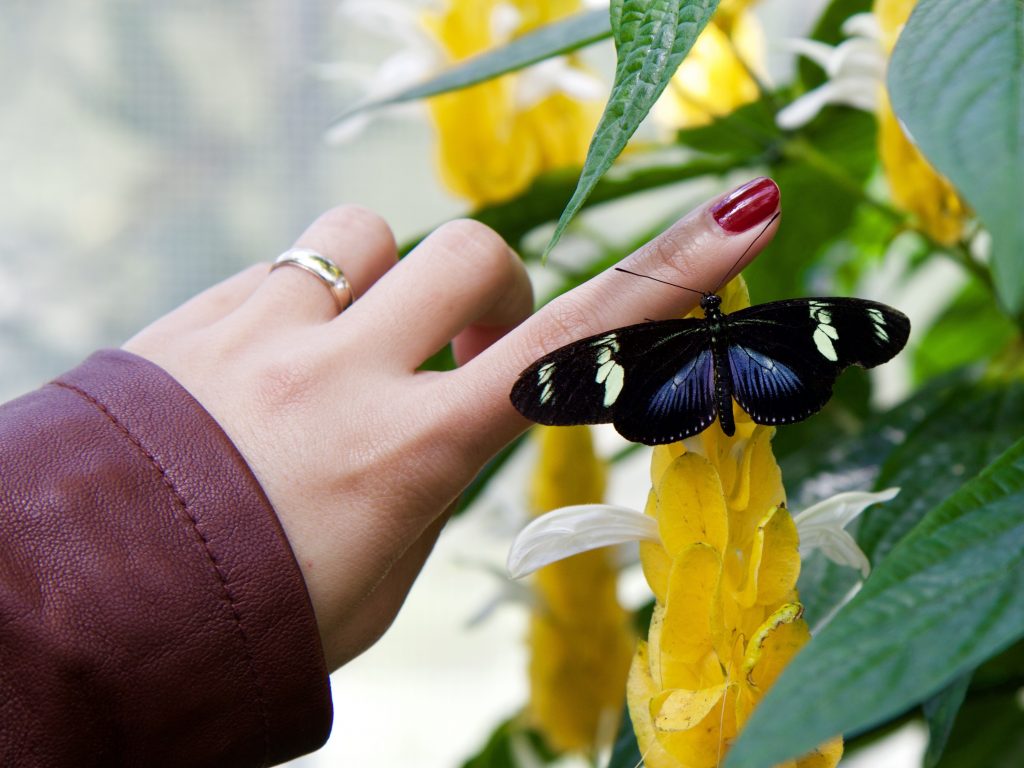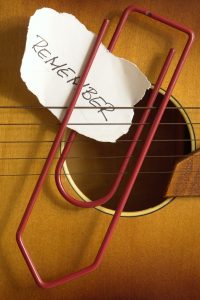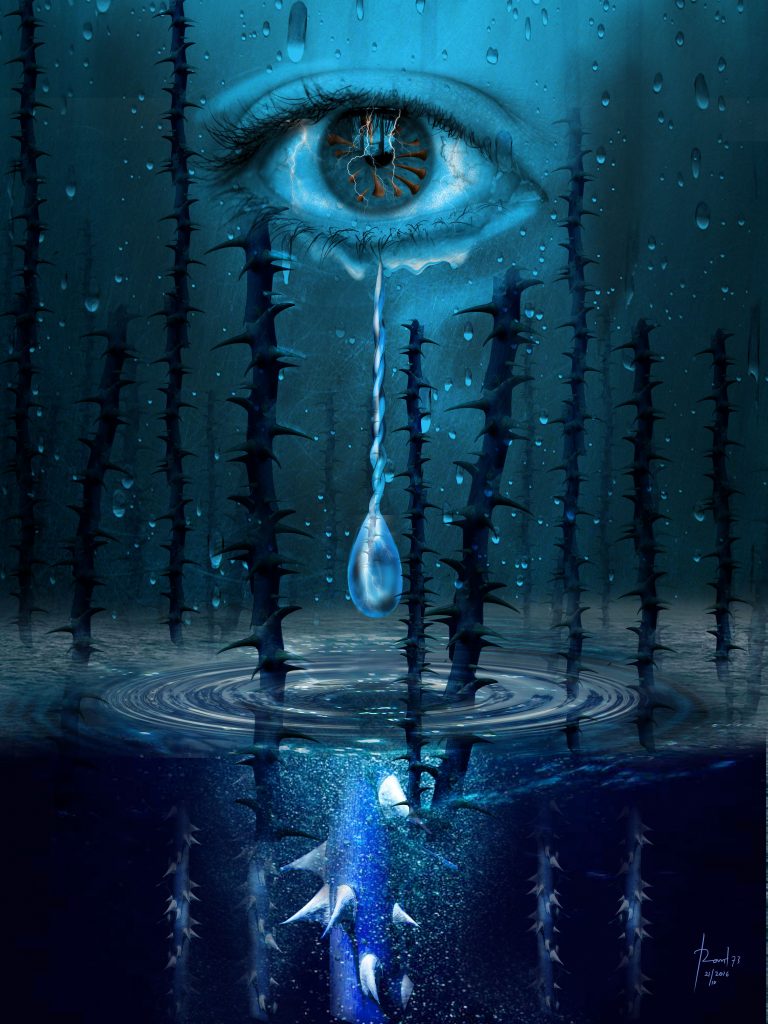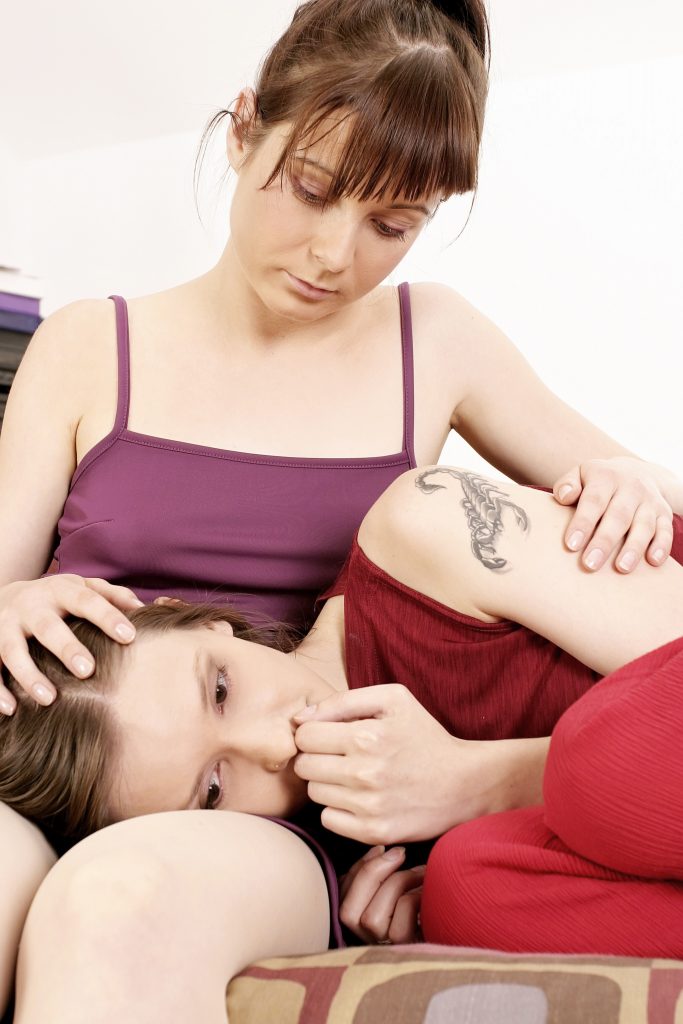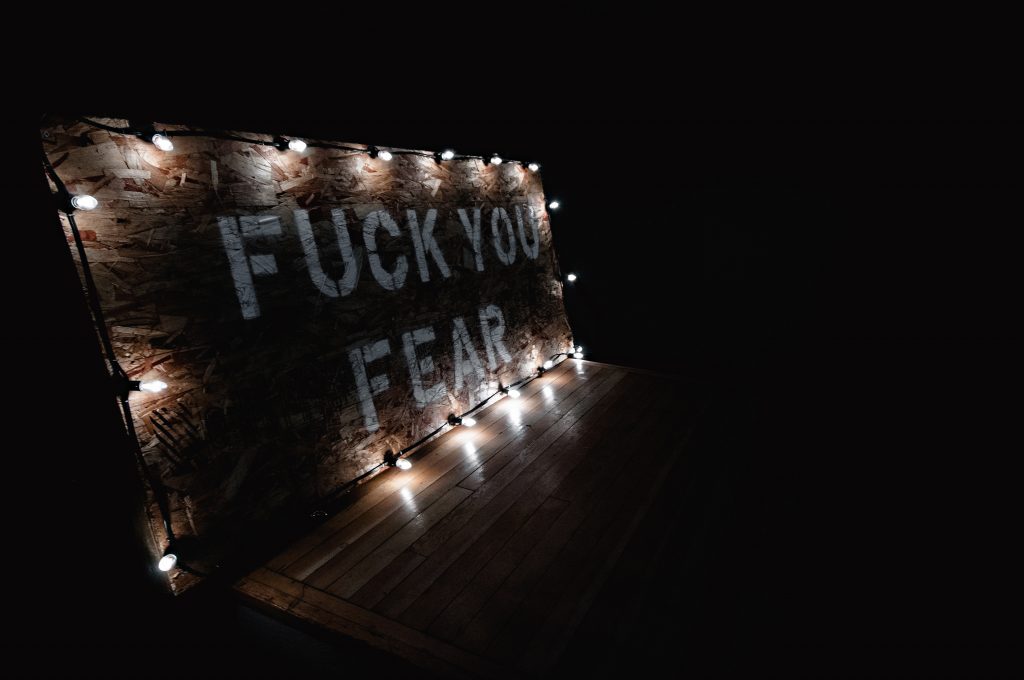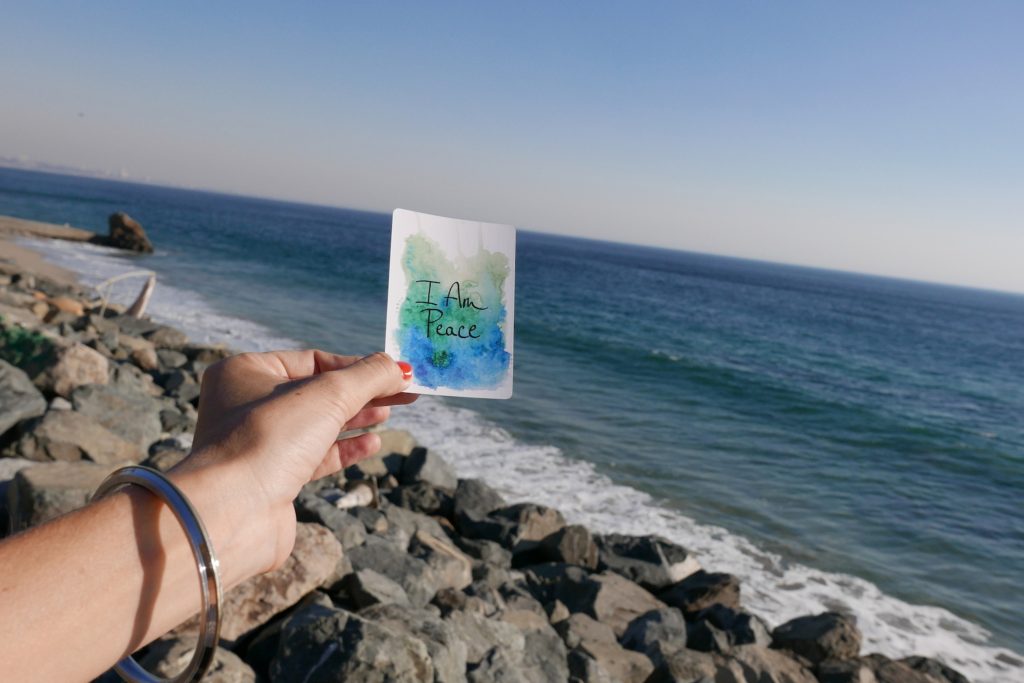As the 3rd anniversary of my husband’s death draws near and people I know are losing loved ones to COVID, I thought it was time (sorry for the two year delay) to write about my first-year widowhood experience. Writing can be cathartic for me, but perhaps also, what I went through will help someone who recently lost their own spouse.
1-Crazy, Not Crazy
Widow Brain or Widow Fog is real. Also known as Grief Fog since it is not limited to those who’ve lost a spouse, is a phenomenon where the body strains to cope with the trauma of loss. The science behind it can be found here: Understanding Widow Fog Part 1 Recommendations for how to actually cope can be found here: Understanding Widow Fog Part 2. For me the phenomenon left me feeling completely disconnected from what was happening around me; a mind-and-body numbing, out of body experience. Rudimentary tasks seemed to take forever. I kid you not, I found myself brushing my teeth one morning for 40 minutes. The only reason I stopped was the battery on my electric toothbrush died. You could have said anything to me (see #5) and I would have nodded and smiled and agreed. Luckily no one asked me to sign over my house to them (How to Avoid Falling Victim to a Scam Part 1) or fund their expedition to Greenland (National Geographic Polar Expeditions to Greenland). I had to write down everything, use GPS in my car for places I went to every day, and set timers on my phone to eat. Disturbingly, I lost some ability to form memories. Even now, almost three years later, to remember who came to my husband’s memorial service I have to look through the guest book signatures. To know what songs were sung at his funeral I have to look at the printed program. That being said, the fog eventually lifted, and what follows are those things I remember with great clarity now that I’ve had a couple years to process my emotions.
2-Get Ready for a New Financial Norm
I distinctly remember not having enough money the first couple months after my husband died. He died on a Sunday and his employer was quick to cut pay and benefits on Monday, but of course the bills didn’t stop. Thank God my own salary paid the mortgage and kept the power on, but everything, and I mean everything else had to wait. We had no savings (thank you cancer treatments for wiping that out) and between credit card debt, loans, a rental property not renting, and two dying vehicles, I was looking for couch change to buy dog food. Because of the kind souls who gifted checks “to the family for whatever” within their condolence cards and those who sent over meals, and to the funeral home that could wait six weeks to be paid, the kids and I made it through until the life insurance check arrived. I always thought it strange when people gifted money when someone died—it’s NOT strange—it’s life-saving. We’re doing fine now, but knowing that your family is completely dependent on one income earner when it used to have two, requires next-level budgeting and was intimidating at first. Even though I have an MBA in finance, I found the help from both a fiduciary financial adviser (What is a Fiduciary Financial Adviser) and my bank manager were instrumental in putting me on the right track. Also don’t be surprised if you suddenly have hundreds of Facebook friend requests from widowers located all over the world. I think I racked up 356 new friend requests that first year. Knowing I haven’t been hit by a lightening bolt of popularity, I continue to deny the requests as they come in and block the requestors. Note to my sister widows, they’re looking to take financial advantage of your tenuous state of mind– don’t let them. (Change Your FB Status to Widow and Watch the Predators Pour In)
3-Grief is a Tricky Thing
Unbridled grief, for me, continues to be triggered by the little things, not the big. That first year (and the second, and the third) his birthday, our anniversary, Father’s Day, Thanksgiving, Christmas, and 4th of July (one of his favorite holidays) came and went with tears over pictures and lit candles and dinners at beloved restaurants. I planned for those days and was ready to face the tidal wave of emotion, drawing my children in close. What I was not prepared for was the crippling, out-of-the-blue-all-alone moments that would be triggered by a song or a scent. A favorite book that had been initially tossed by the bedside, then later pushed under the dust ruffle, revealed during a quick tidy-up tore all my wounds open again. Grabbing a jacket to run out and get the mail that smelled of Old Spice deodorant and Pert shampoo sent me on a crying jag. A grocery list in his handwriting? I crumpled to the floor. How I pushed through was just to allow myself to feel the feels when they came on. Trying to suppress them? If you know anything about this Leo, that didn’t work. One. Bit. Almost three years later, I still have those moments that can take my breath away, but they’ve also taken on the sweetness of remembrance—still teary, but less wailing; still deep, but less often, and briefer. I think the best description of grieving can be found here: Wise Elder Gives the Most Perfect Description of the Grieving Process “…the pain of loss is the price we pay for loving.” Read the whole thing. It’s beautiful.
4-Death is Not Serene
Another thing that fed my grief was the way my husband died: a terminal cancer diagnosis in November 2017 and death from kidney failure brought on by chemotherapy in March 2018. His decline was quick and brutal. My husband was a fighter and did not want to leave this world. He tried to stay as long as he could. I don’t know if that’s what made his actual physical death more difficult or not. Hospice had tried to prepare us with sugar-coated descriptions of “the last breath”. Nothing prepared me for how death actually goes down. He was struggling for breath and I just knew, just knew it was time. I told him I loved him and that everything was going to be all right. That me and the kids would be OK and that he could go now. He gasped, he wheezed, he flailed, he stopped breathing and then started again, he gripped the bed frame and arched his back like his soul was being ripped from his body. It was not peaceful in any way, shape, or form. And it doesn’t matter that he is no longer suffering from the ravages of cancer and chemo, or that his loved ones were there for him when he died, or that he had an extraordinary life, or that he died on a beautiful starry night with the window open and the room filled with fresh air, the WAY he died was horrible. There’s nothing I can write here to make this part more palatable for you. No links to advice. It just is. The truth. Death is ugly.
5-People Will Say Stupid $hit
“He’s in a better place.”, “At least you have his children to give you solace.” “I know how you feel—both my parents died.” “I went through the same thing when I got divorced.” “Don’t worry, you’re still young. You’ll find a new man.” “God only gives you what you can handle.” Or a very special email from my chair (who’s no longer employed by my employer), when I asked for an extension on some administrative reports after I returned to work following my husband’s funeral, “We are all busy and all have homework and exams to correct. Your situation is not unique.” I made a choice to forgive the people who said the words if not the words themselves. Most people come from a place of caring—not all, but most. They want to “fix” the pain you’re feeling or just don’t know what to say. Of course, “I don’t know what to say” would have been a better approach. But there were friends and family who were there with “I’m listening,” and “I’m here for you,” and “I’m sorry,” which overshadowed the less comforting words. Honestly, talking to me those first few months was a minefield anyway since everything felt so raw, every conversation a fresh opportunity to scrape open the wound. I educated when I was up to it: “No, the death of a spouse is different from the death of a parent. Every loss is different”, “Actually, I’d prefer he was happy and healthy here with me and NOT in heaven” but most times I just ignored the statements at the time, even if I vividly remember them now. (What is Appropriate to Say to a Grieving Widow)
6-Prepare to be Scared
There are experiences that I purposefully avoid because they scare the hell out of me: wooden roller-coasters, community-run haunted houses, growling animals, pictures of the ravages of flesh-eating bacteria, raw eggs and romaine lettuce. You know, standard fears. Nothing prepared me for the sudden now-you-are-doing-it-ALL-and-all-ALONE paralyzing dread. I felt my heart pounding out of my chest all day long. I went to my doctor for an EKG just to make sure I wasn’t dying. I slept with a baseball bat, put up a camera system for my house, let the dog have the run of the house at night, and started carrying pepper spray because who was going to protect me and my family now? Me, me, and that would be me. And the dog. The first three months were overwhelming. How I ended up coping was to stop panicking over what COULD happen and focus instead on what WAS happening NOW. I attended a multi-week grief workshop. I made a point of visiting with friends every month. I called my parents regularly. I meditated. I did yoga. I put puzzles together. I painted. I prayed. I kept a gratitude journal. I tried to live each day as one day in and of itself and not as part of a continuum of days. I still get scared, especially for my kids, but I have tools and techniques that I can use to steady myself. (The One Great Fear Among Widowed… And How To Overcome It). If your fear and/or anxiety is getting the best of you, GET HELP, which brings me to. . . #7
7-Meet My Therapist
Not everyone wants to hear stories about my dead husband—it makes them uncomfortable. But those stories ground me and reassure me that our lives together were real and valuable and worthy of remembrance. My therapist encouraged me to tell those stories, both the good ones and the not so good, as no marriage is perfect. So I tell those stories, to her, to my children, to you, and to anyone who is interested. Almost 30 years together, means I have a lot of stories. My therapist also offered a safe space for me to vent and cry, and a sounding board for parenting and work struggles. She suggested coping strategies and reassured me that I could do what I needed to do, while still feeling joy and enjoying life. Especially that first year I needed to hear that I was very much alive, passionate about many things, and that it was OK for me to go on living in a world without my husband. Plus, she’s trained not to say stupid $hit. Want to know more about therapy, check this out: Benefits of Therapy. I sent my children to therapy as well. With help, we have all found some measure of peace.
8-Everything is Different Now
My identity has changed. I used to be someone’s wife. I used to be an in-law. I used to go out and spend time with other married couples. I had co-empty-nester-retirement plans. Now I am a widow. That first year or more I let that identity define me. It was easy to do. I had to flash around my husband’s death certificate for everything from paying off debts to cashing checks with his name on them to switching over the gas bill to my name to taking his name off the title to his truck so I could donate it. (BTW when the funeral home tells you to get 10 copies of the death certificate, get 20). Filling out an online form? There’s a checkbox for widow. Endless reminding. Even my tax return identified me as a qualifying widow. My husband’s clothes bagged and packed and donated and the pickup crew stating, “someone must have died.” The guy who came to my house to fix the water heater asking for my husband (what’s with that anyway? I’m the one writing your check!) Eighteen months into widowhood I finally felt the drive to be more than just my husband’s broken-hearted widow. In that time, I learned one important thing about myself that I wish I’d realized sooner; it would have improved my marriage too: I am the one responsible for my own happiness. As best-selling author Carole Brody Fleet in her book Widows Wear Stilettos states, “Life is meant to be treasured and savored and lived as loudly, largely and lovingly as possible.” For me, that meant identifying myself as more than: more than widow, more than parent, more than daughter, teacher, friend, and writer.
9. Being Alone vs Being Lonely vs Neither
I was suddenly a single parent. Now, don’t get me wrong, there were many days as a married person with a workaholic husband I had said, “I feel like a single parent.” But that is NOT the same as actually being one. And choice played no role in my single parenthood. Abruptly, there was no one to talk to about raising teens or school problems, and all the household tasks fell upon my shoulders. Life was lonely and difficult. While the loneliness could get unbearable at first, I still couldn’t imagine myself being with someone just to ease the pain of being alone. I still felt married for almost two years. Wore my wedding band for months, then it migrated to a chain around my neck for a year, and now it hangs on that same chain in my jewelry box next to his. My heart is still healing but it’s not broken in half anymore. Grief is about loving someone who died but also saving room for the amazing possibilities in this life. I re-discovered the independence of my early 20s when I was living on my own, supporting myself and going to grad school; the before-I-was-married years, but this time around there’s a straightforwardness to my independence since I recognize I’ve done this before, I can do it again. In fact, I started doing those things I’d put aside for marriage—I auditioned for community theater, volunteered for a political action group, and will be painting my front door pink once the weather warms up (because why not?). Some of the widows I met that first year started dating right away. One is married again. A handful have pledged to be single for their “remaining days on Earth”. Lonely, alone, both, or neither, there is no shame in doing what’s right for you. Which finally brings me to #10. . .
10. My Journey is Different Than Yours
As a fresh widow I searched for every book, article, and podcast I could find trying to make sense of what I was experiencing, trying to recognize myself in any of my sister widows’ words, and hoping that what I felt was “normal”. If I can be that for you, then reliving that first year was not just cathartic for me. Our widow’s journey is uniquely our own, and also completely normal. Whatever you’re feeling: rage, sorrow, despondency, frustration, fear, loneliness . . . it’s real and it’s OK and there’s help if you need it.
These are some of the resources I’ve found useful my first year as a widow:
The Sisterhood of Widows: Sixteen True Stories of Grief, Anger and Healing by Mary Francis
Comfort for the Grieving Spouse’s Heart: Hope and Healing After Losing Your Partner by Gary Roe
Widows Wear Stilettos: A Practical and Emotional Guide for Young Widows by Carole Brody Fleet
The Mourner’s Bill of Rights by Alan D. Wolfelt, PhD
Dear sister widow,
Every time you rise to meet the day, you are already a success story.
~Karin

